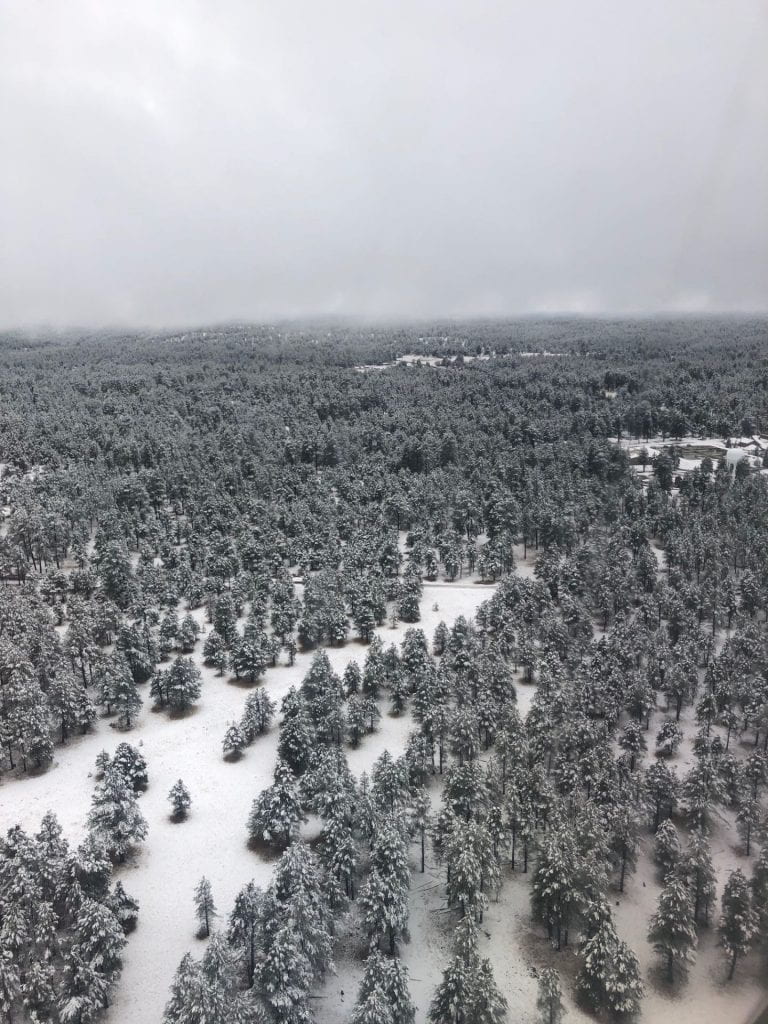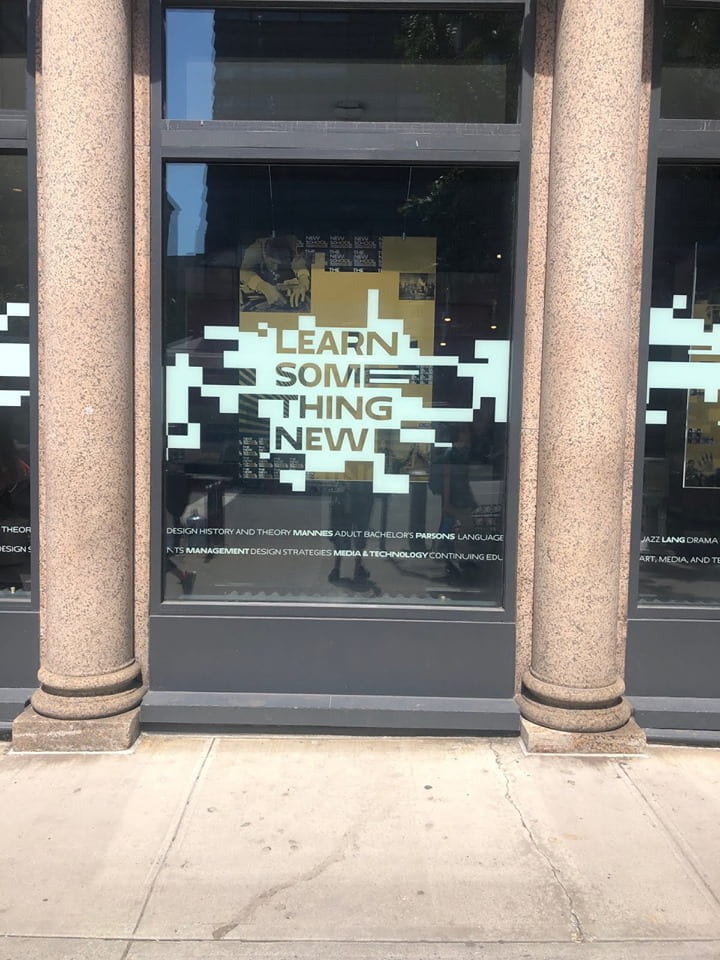From the Library of Congress Email Digest:
Librarian of Congress Carla Hayden announced on June 19, 2019 that Joy Harjo had received the appointment of the nation’s 23rd Poet Laureate Consultant in Poetry for 2019-2020. Harjo will take up her duties in the fall, opening the Library’s annual literary season on Sept. 19 with a reading of her work in the Coolidge Auditorium.
“What a tremendous honor it is to be named the U.S. Poet Laureate,” Harjo said. “I share this honor with ancestors and teachers who inspired in me a love of poetry, who taught that words are powerful and can make change when understanding appears impossible, and how time and timelessness can live together within a poem. I count among these ancestors and teachers my Muscogee Creek people, the librarians who opened so many doors for all of us, and the original poets of the indigenous tribal nations of these lands, who were joined by diverse peoples from nations all over the world to make this country and this country’s poetry.”
Read some of Harjo’s poetry at this link from the Poetry Foundation.
Harjo joins a long line of distinguished poets who have served in the position, including Juan Felipe Herrera, Charles Wright, Natasha Trethewey, Philip Levine, W.S. Merwin, Kay Ryan, Charles Simic, Donald Hall, Ted Kooser, Louise Glück, Billy Collins, Stanley Kunitz, Robert Pinsky, Robert Hass and Rita Dove.
Click here for more information.
Related Information: Hooray for Joy! The Library Has a New Poet Laureate





